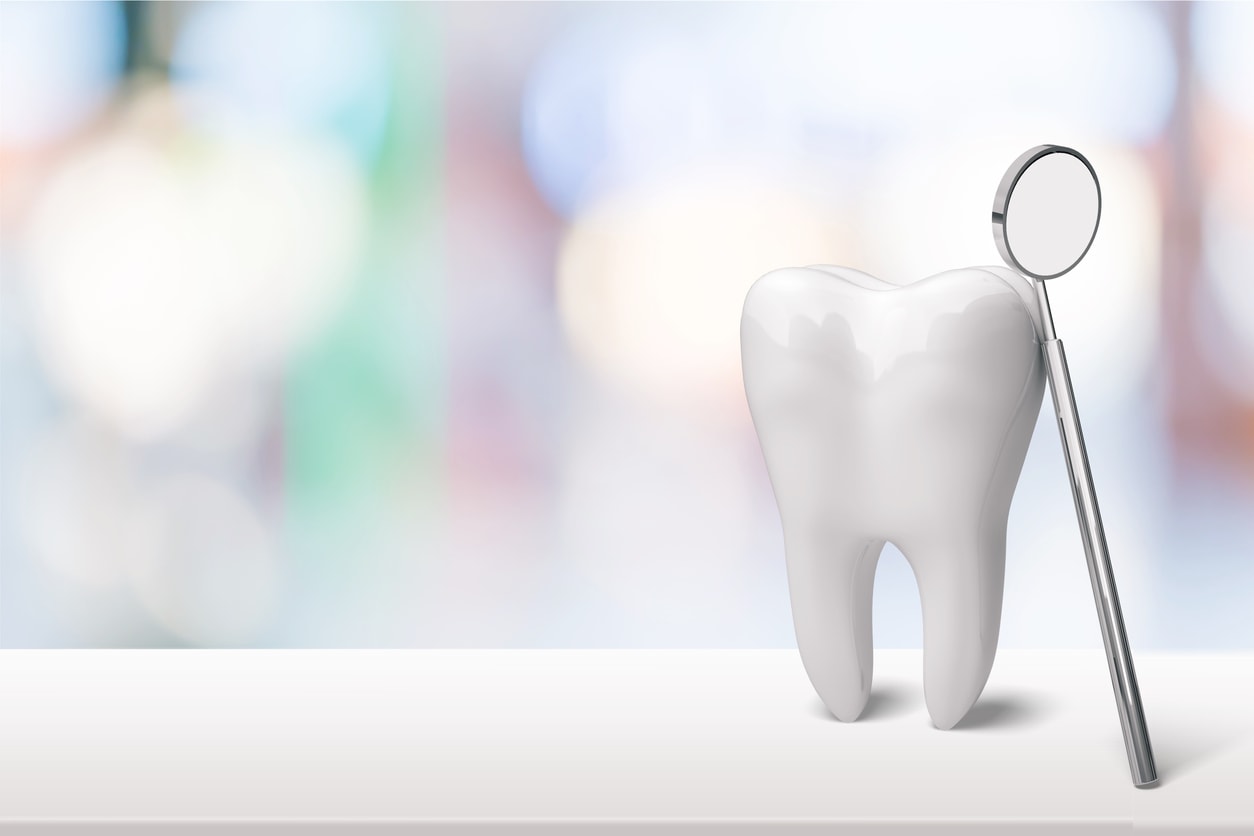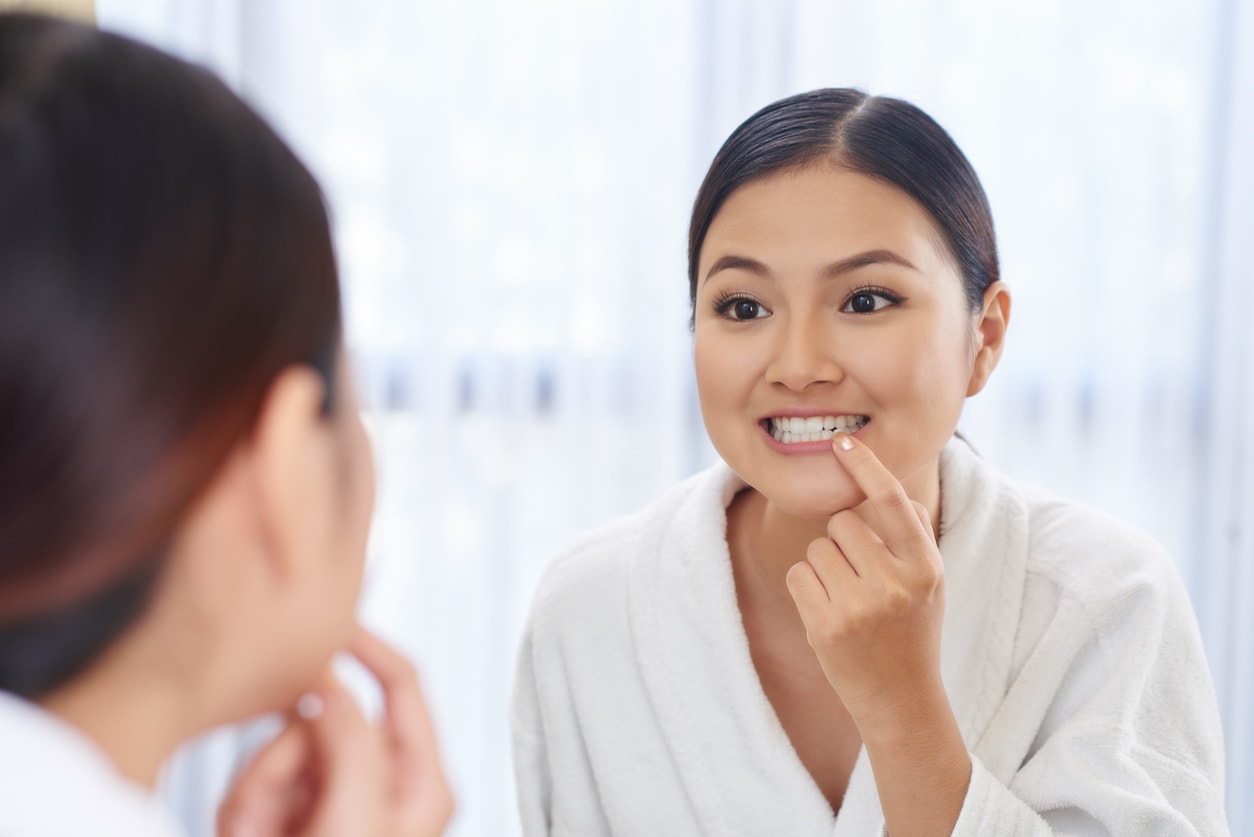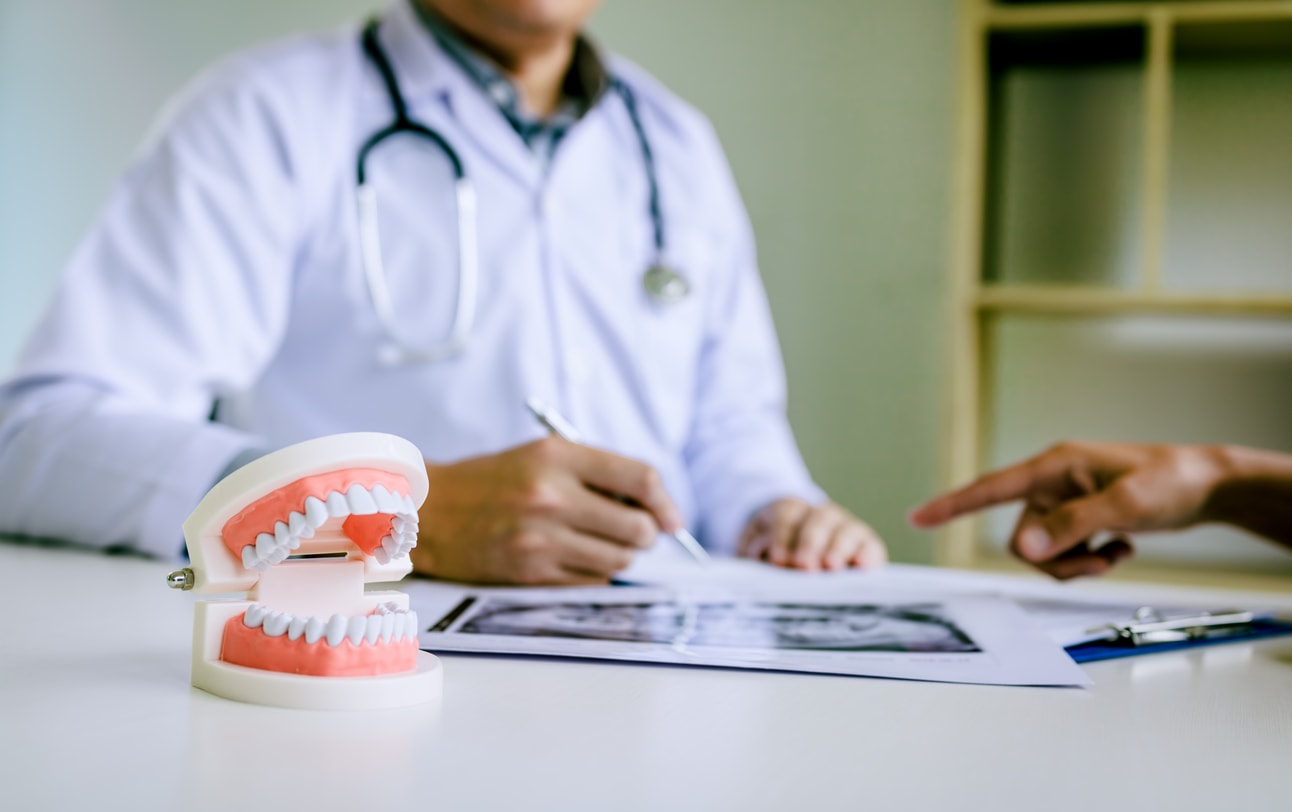Getting to know your mouth is one of the most amazing things you can do for your oral health. A lot of the time, people have no idea what’s going on in there or how anything works, not even tooth names. But learning about how our mouth functions can be one of the most rewarding things we can do because it empowers us to make healthy choices and helps us understand when something isn’t operating as it should. A healthy mouth is a beautiful mouth and a happy, healthy you. Here are some basic facts & tips about the inner workings of your mouth that will help you on your way to great oral hygiene. Make sure to get in touch with your periodontist if you have further oral hygiene questions.






